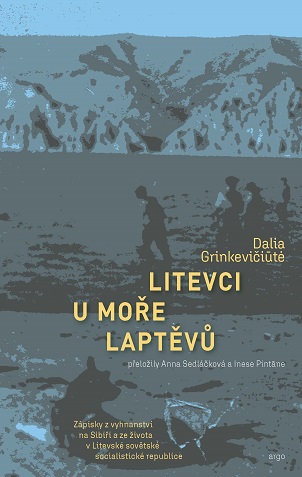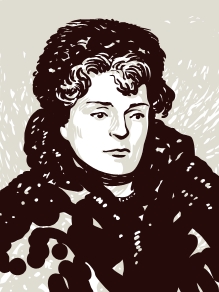Dalia Grinkevičiute
Lithuanians by the Laptev Sea (Lietuviai prie Laptevų jūros)
Lithuania

BOOK

These powerful memoirs by a Lithuanian doctor who survived the Soviet gulag span various periods of her life. The first part consists of notes from her exile in Siberia. The fact that the narrator is a girl on the cusp of adulthood only amplifies the harrowing nature of these events and underscores the regime’s cruelty. Later parts of the memoir describe her medical practice and daily life in Kaunas during the 1960s and ’70s—though these are no less oppressive, saturated with surveillance, censorship, and fear. That she persevered in sharing her testimony—of both national tragedy and personal resilience—is a testament to her unbreakable spirit.
Published by Argo, 2025
AUTHOR

© Falk Nordmann
Dalia Grinkevičiūtė (1927–1987) was born in Kaunas, Lithuania. After the Soviet occupation of the Baltic states in June 1940, she and her family were deported to Siberia—10,000 kilometers away to Trofimovsk on the icy shores of the Laptev Sea. In 1949, she managed to escape and return to Kaunas, where she hid for a year before being imprisoned and deported again—this time to Yakutsk. Following Stalin’s death, conditions eased, and she was eventually allowed to study medicine and return to Lithuania. From a young age, she recorded her experiences, though doing so was dangerous. Some of her writings were buried in the garden and only discovered after her death.
TRANSLATION
Anna Sedláčková, Inese Pintane


